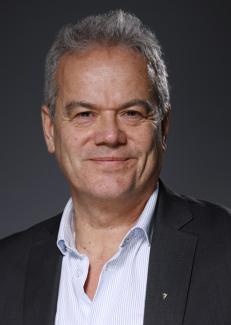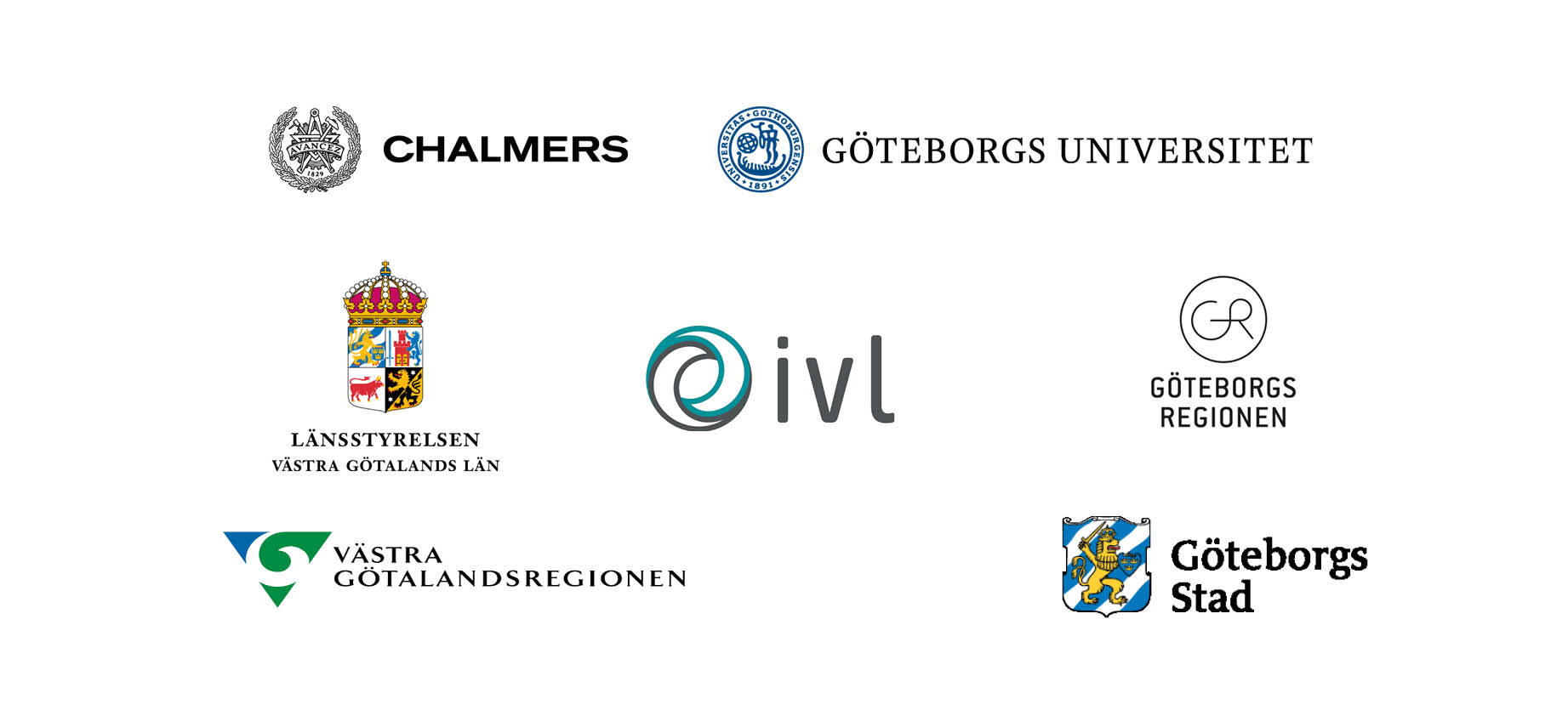
The Gothenburg Consortium
The Gothenburg Consortium gathered the organisations behind the bid to Mistra in 2009. Since then, the Consortium has been the basis on which the research activities on the Gothenburg Local Interaction Platform stands, and has also contributed to the international development of the Centre.
The Consortium is represented by a Council, which focuses on the long-term development of the Centre, and on promoting collaboration between its members and other partners. The Consortium identifies and initiates research projects and is often also the main recipient and implementer of the results. It is consulted on all major decisions concerning the Centre.
Through in-kind and cash contributions, the Consortium matches the Mistra funding of the Centre.
It is made up of seven partners, including four public bodies and three research organisations. Chalmers acts as host institution on behalf of the Consortium.
Consortium Council
The Consortium Council comprises one representative of each of the seven partners in the Consortium.
Anna Jarnehammar, IVL Swedish Environmental Institute
Anders Carlberg, Västra Götalandsregionen
Mikael Cullberg, (chair) The County Administrative Board of Västra Götaland
Lena Malm, The County Administrativ Board of Västra Götaland
Magnus Sigfusson och Ylva Löf, City of Gothenburg
Mattias Goksör, University of Gothenburg
Liane Thuvander, Chalmers University of Technology
Helena Söderbäck, The Göteborg Region (GR)
John Rune Nielsen, RISE Research Institutes of Sweden (ex-officio member)
Also in the picture:
Jan Petersson, director, GMV, University of Gothenburg
Ylva Norén Bretzer, University of Gothenburg
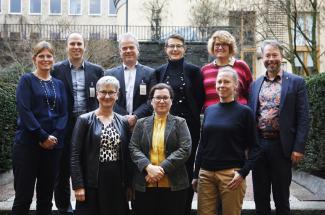
Chalmers University of Technology
Chalmers engages in research and higher education in engineering, natural sciences, design, and architecture. Complementing the traditional university structure, Chalmers have eight crosscutting Areas of Advance, bringing together education, research and innovation to successfully meet the needs of society and contribute to a sustainable future. These are: Built Environment, Energy, Information and Communication Technology, Life Science Engineering, Materials Science, Nanoscience and Nanotechnology, Production, and Transport.
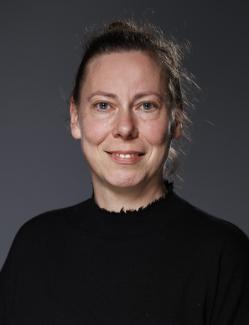
The Gothenburg Region (GR)
GR is a collaborative political platform for the 13 local governments that constitute the Gothenburg functional urban region. It is a voluntary organization for inter-municipal political cooperation and an important arena for governmental activities. GR focuses on such issues as: regional planning, environment, traffic, job market, welfare and social services, competence development, education, and research.

The County Administrative Board of Västra Götaland
The Governor´s Office is a national government authority with regional jurisdiction. It includes a multi-sector range of activities and is charged by the government to promote national policy objectives on the regional level by working across sector divisions and taking into consideration all stakeholders´ interests. It coordinates the actions of all public agencies in the county.
www.lansstyrelsen.se/vastragotaland
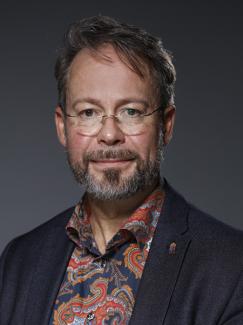
City of Gothenburg
The City of Gothenburg is the main local political authority in the consortium and works with many activities and processes that are instrumental to sustainable urban development such as comprehensive planning, achieving the local environmental objectives, transportation, consumption, economic growth and segregation. The City has municipally owned land in all parts of the city, both in the downtown area and on the outskirts of the city, offering a unique opportunity to formulate demands on contractors and lead the transition to a more sustainable urban development.
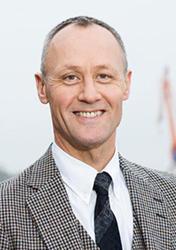
University of Gothenburg
The University of Gothenburg tackles society’s challenges with diverse knowledge. Approximately 38,000 students and 6,000 employees are active in its academic life, and the University of Gothenburg is one of the major universities in northern Europe. With regards to Mistra Urban Futures, some especially prominent research areas and Centers are: Democracy and public opinion, Cultural heritage, globalization, and the Centers for Urban Safety and Societal Security, as Urban Studies.
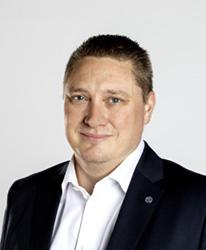
University of Gothenburg
Gothenburg Centre for Sustainable Development, GMV, University of Gothenburg
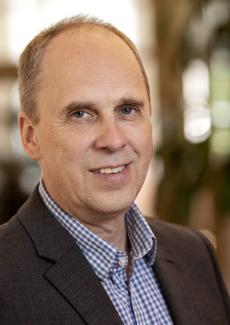
IVL Swedish Environmental Research Institute
IVL is a relevance driven research institute with six thematic units: Sustainable Building, Climate and Energy, Air and Transport, Resource-efficient Products and Waste, Water, and Sustainable Production. IVL conducts research and development within the entire sector of sustainable society and building, with a strong emphasis on energy efficiency, air quality, transport and mobility. R&D activities are conducted in close cooperation with business and public communities. In its role as a neutral arena for all actors involved in both practical and policy solutions, IVL plays an important role in the strive for a sustainable society.
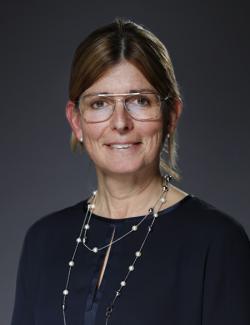
Region Västra Götaland
Region Västra Götaland is the directly elected body on the regional level. It is tasked with offering good healthcare and dental care and providing the prerequisites for good public health, a rich cultural life, a good environment, jobs, research, education and good communications. In collaboration with its 49 municipalities, trade and industry, organizations and academia, Region Västra Götaland drives development with Västra Götaland's best interests as its objective.
